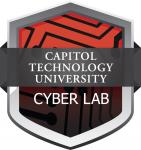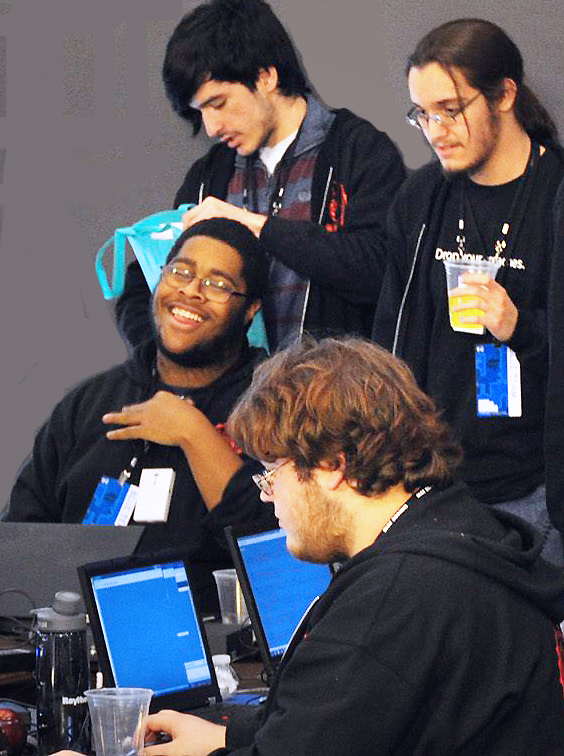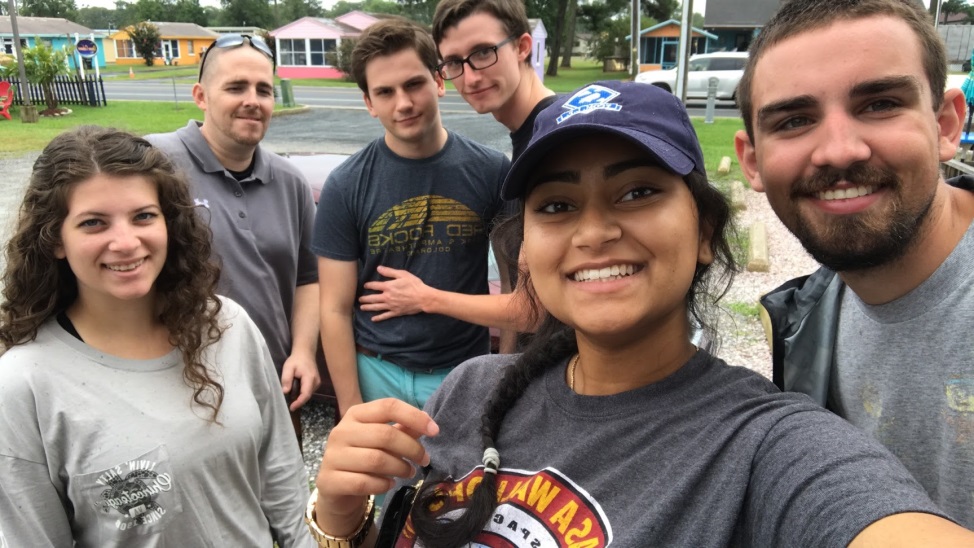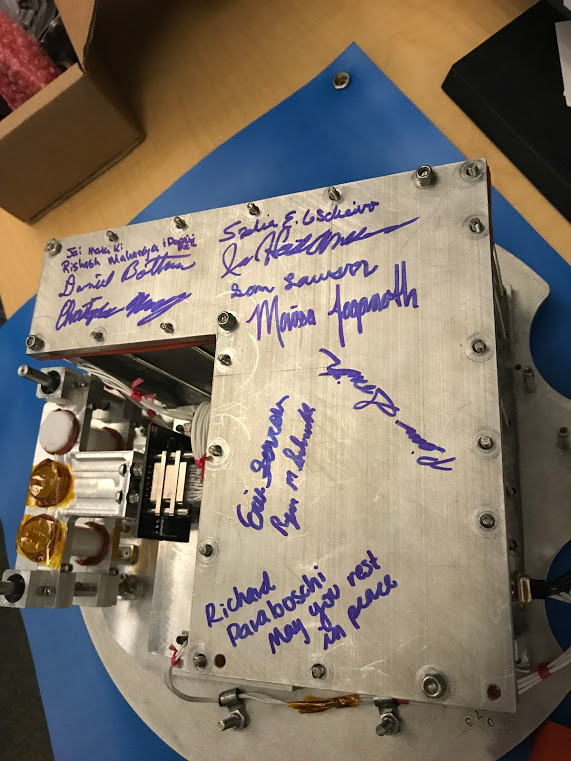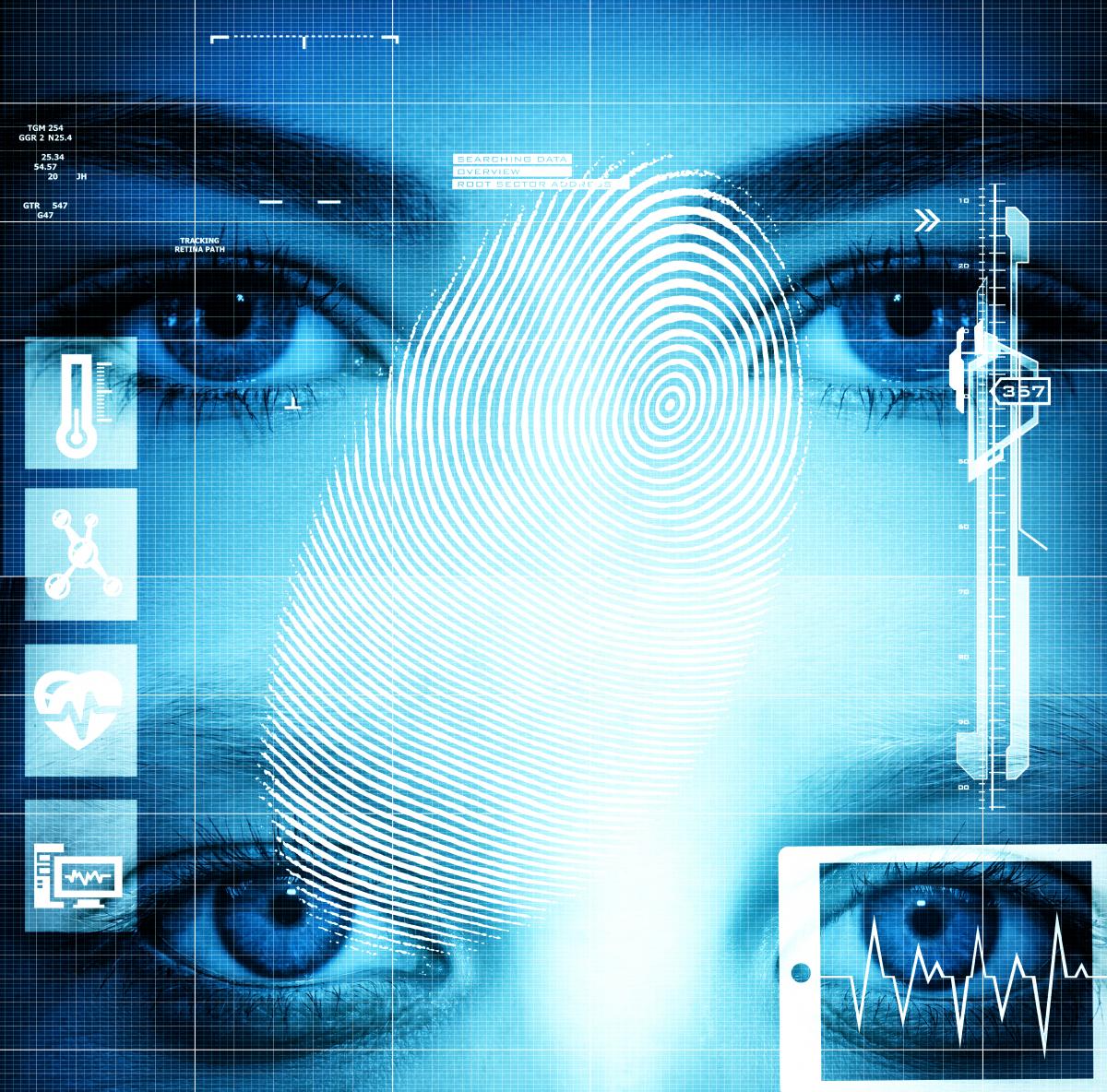Direct Link: http://bit.ly/2kbZlim
It’s a major milestone in a professional career, demonstrating advanced expertise and credentials: a doctoral degree.
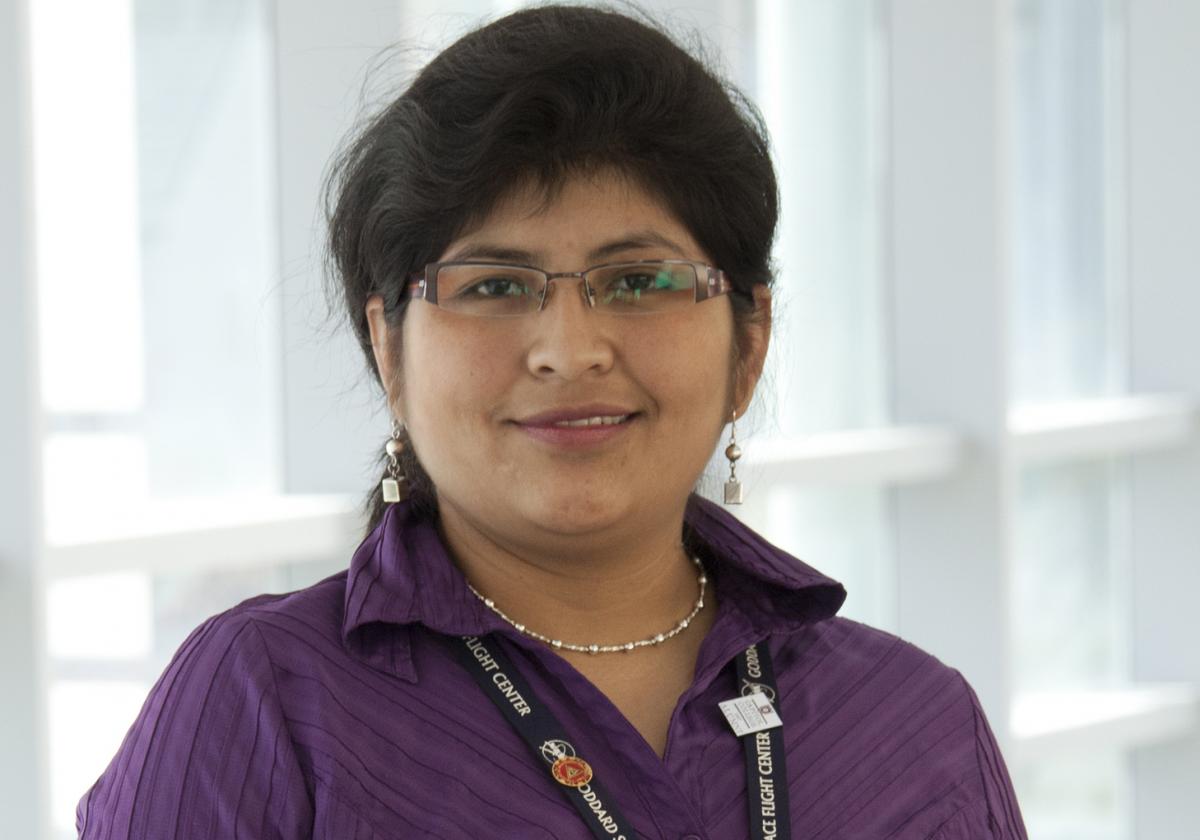
Capitol offers doctoral degree programs in two of today’s most critical fields: cybersecurity (DSc) and management and decision sciences (PhD). Both are low-residency programs, with all coursework available online.
Want to know more? The university will be holding a virtual information session on Wednesday (October 4) at 7 pm, accessible to anyone with a computer and internet connection.
“The doctoral information session is designed to share with students the two types of doctoral degrees that we offer – the DSc in cybersecurity and the PhD in management and decision sciences,” says Dr. Michael R. Fain, director of doctoral programs at Capitol. “We’ll go over the classes that are offered and discuss the three-day on-campus residency, which doctoral students attend three times during the course of completing their degrees.”
“We’ll also discuss some of the dissertation research that has been done by doctoral students at Capitol, and about the research endeavors of our faculty. We also open the floor to any questions that prospective students may have.”
Take your career to the next level today! To register for the information session, simply click here and fill out the online registration form, or contact Graduate Admissions at gradmit@captechu.edu.
Link: http://bit.ly/2kbZlim
It’s a major milestone in a professional career, demonstrating advanced expertise and credentials: a doctoral degree.

Capitol offers doctoral degree programs in two of today’s most critical fields: cybersecurity (DSc) and management and decision sciences (PhD). Both are low-residency programs, with all coursework available online.
Want to know more? The university will be holding a virtual information session on Wednesday (October 4) at 7 pm, accessible to anyone with a computer and internet connection.
“The doctoral information session is designed to share with students the two types of doctoral degrees that we offer – the DSc in cybersecurity and the PhD in management and decision sciences,” says Dr. Michael R. Fain, director of doctoral programs at Capitol. “We’ll go over the classes that are offered and discuss the three-day on-campus residency, which doctoral students attend three times during the course of completing their degrees.”
“We’ll also discuss some of the dissertation research that has been done by doctoral students at Capitol, and about the research endeavors of our faculty. We also open the floor to any questions that prospective students may have.”
Take your career to the next level today! To register for the information session, simply click here and fill out the online registration form, or contact Graduate Admissions at gradmit@captechu.edu.
Link: http://bit.ly/2kbZlim
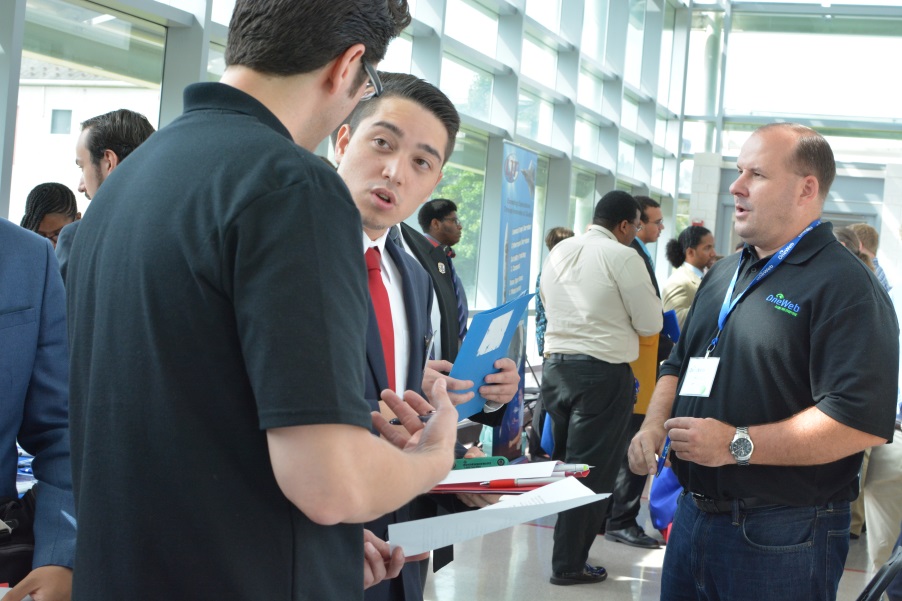 Also
mentioned was the hands-on experience gained by
Also
mentioned was the hands-on experience gained by 
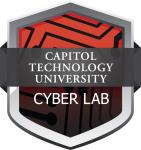

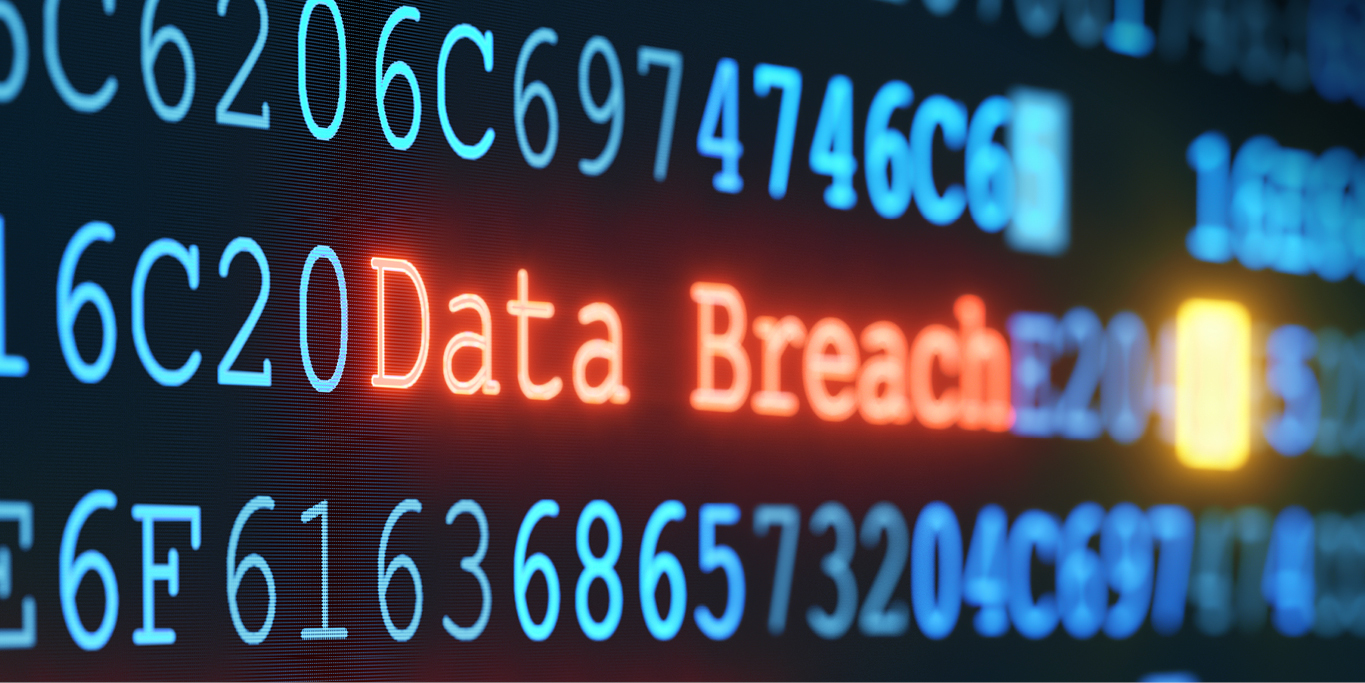
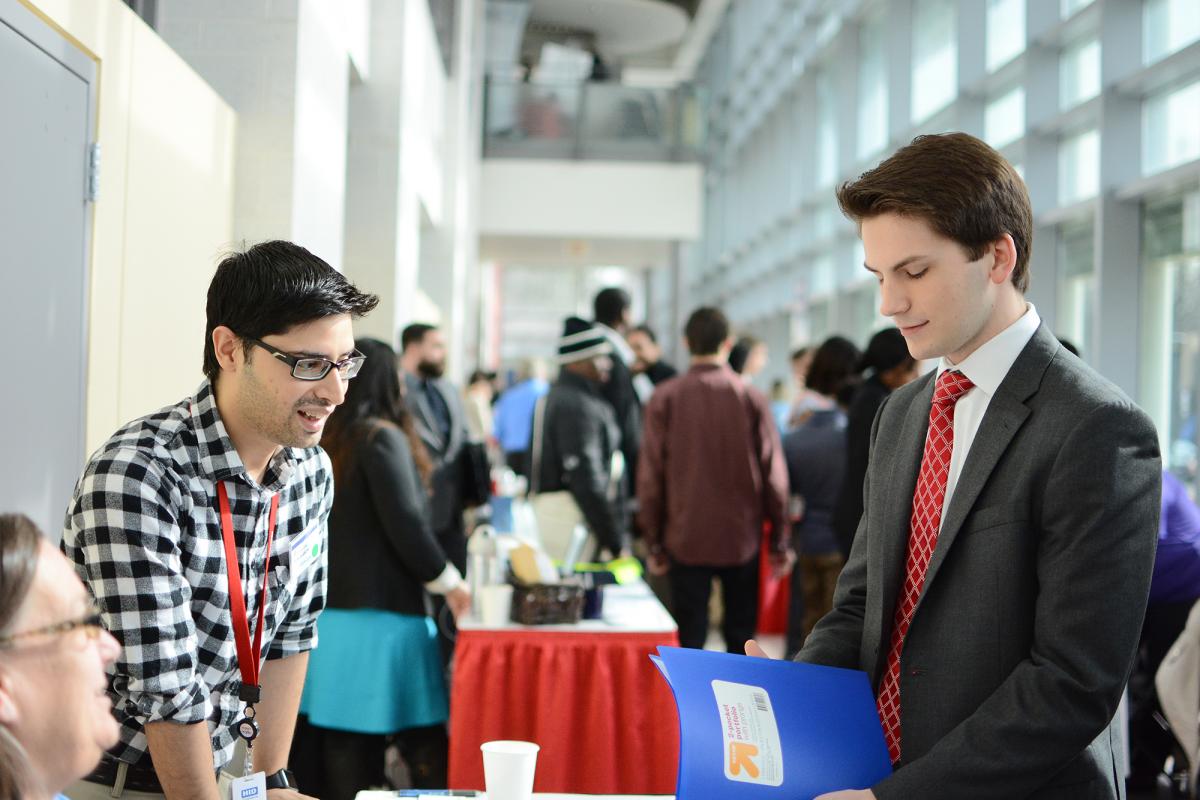 Hank
Tseu, a senior ground software architect at the firm, will be visiting
the Capitol Technology University on Tuesday (September 26) to discuss
OneWeb’s plans to build the world’s largest satellite constellation in a
bid to make affordable internet access available to everyone on the
planet.
Hank
Tseu, a senior ground software architect at the firm, will be visiting
the Capitol Technology University on Tuesday (September 26) to discuss
OneWeb’s plans to build the world’s largest satellite constellation in a
bid to make affordable internet access available to everyone on the
planet. Firms
like OneWeb depend on being able to recruit qualified engineers and
technologists, and Capitol attracts these industries because of the
degree programs offered at the university, including astronautical
engineering and computer science, Alspaw said.
Firms
like OneWeb depend on being able to recruit qualified engineers and
technologists, and Capitol attracts these industries because of the
degree programs offered at the university, including astronautical
engineering and computer science, Alspaw said.